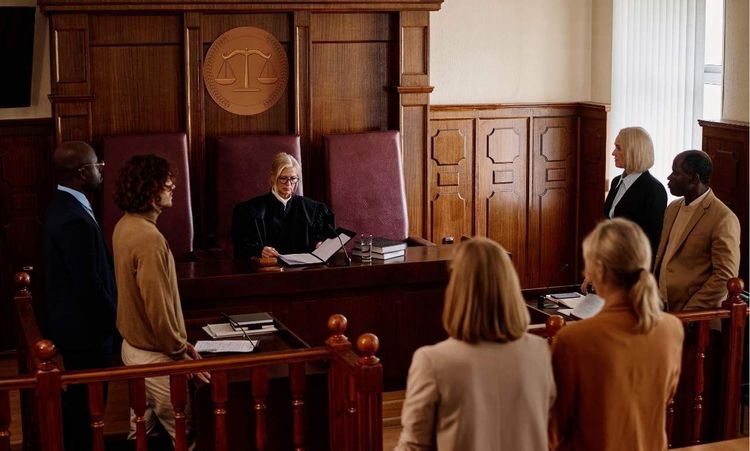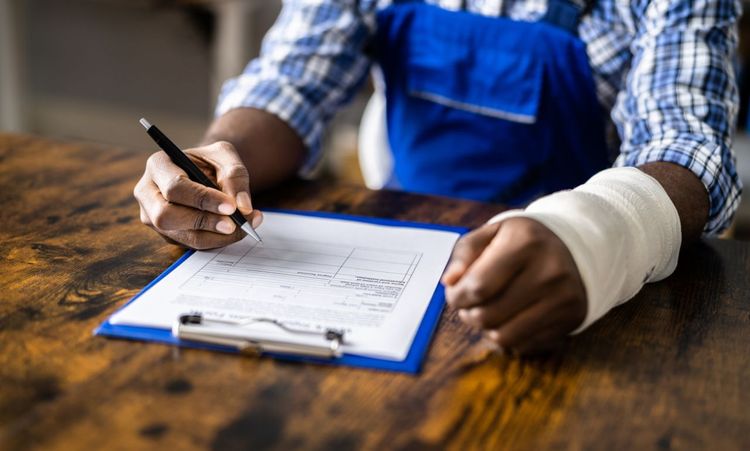The right set of witnesses greatly benefits a child custody trial. Through their court testimony, these witnesses help the judicial system choose the most suitable custody arrangement for the child. The types of witnesses appearing in court proceedings depend on each case.
A child custody trial benefits from the testimony of family members joined by expert witnesses and people who understand the child's situation. This article examines the most effective witnesses appearing in child custody trials and describes their roles and influence on custody determinations.
Types of Witnesses in Family Law Cases
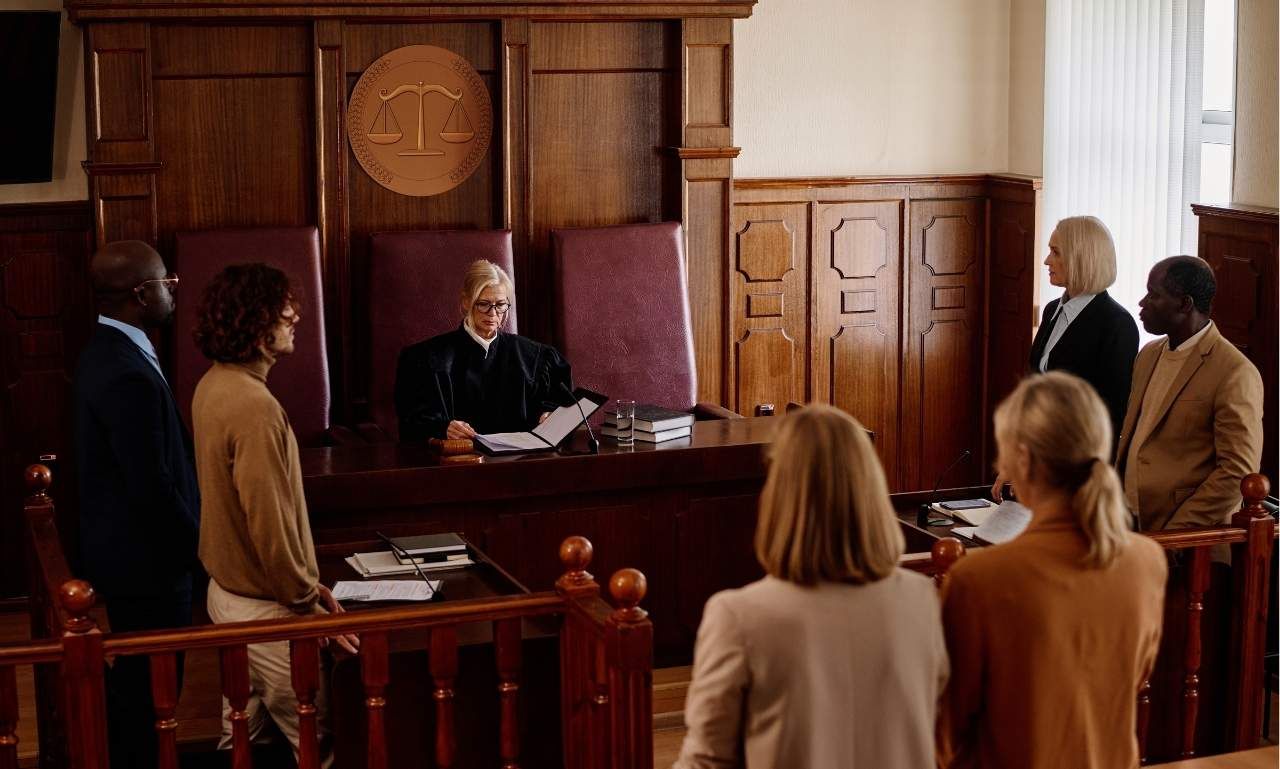
Family law cases require multiple types of witnesses to offer testimony before the court. Every kind of witness at a trial contributes unique information. The courtroom includes witnesses who share personal account experiences and expert professionals expressing their professional knowledge. The main categories of witnesses in family law cases include:
- Character Witnesses
- Eyewitnesses
- Expert Witnesses
The three witness categories provide information to help courts decide childcare arrangements and parent custody qualifications.
Character Witnesses
When a family law court needs to hear about a case participant's qualities and ability to parent a child, the court brings in character witnesses. The witnesses provide court officials with information about what the parents have done in the past. Expert witnesses describe the parents' participatory role in child activities, reliability, and established parenting approach.
The court uses this type of testimony to gauge the emotional and psychological suitability of a parent for custody. Character witnesses might include close friends, coworkers, or community members who have observed the parent-child relationship.
Can a Family Member Be a Character Witness?
Family members function as qualified witnesses who may provide testimony at child custody trials. The court tends to decrease the value of testimonies from these witnesses because they could be biased. Judicial authorities tend to consider family member accounts cautiously because they may appear to champion the case results the relatives seek. A court may see problems with the credibility of testimony from family members.
Eyewitnesses
People who have seen the child interact directly with their parents function as eyewitnesses. They present information regarding the child's typical patterns, daily activities, and complete household conditions. A parent's presence with the child creates reliable observation situations such that people who frequently encounter the child can provide trustworthy data.
Eyewitness observations supply disinterested insight into how parents interact with their children. Their testimony reveals concrete examples of parent actions and fundamental behavioral patterns that affect court decisions.
Expert Witnesses
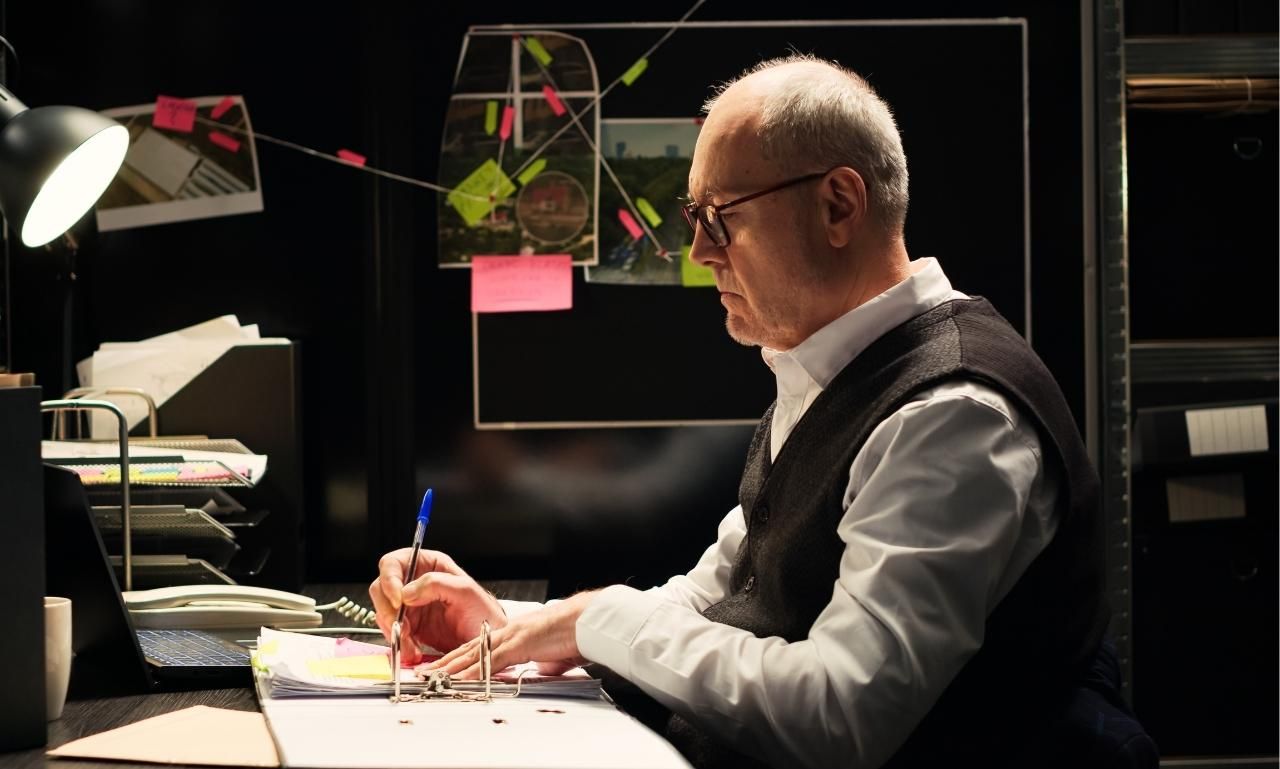
The court system depends on professional experts who bring their area of expertise to cases as expert witnesses. Child custody trials employ expert witnesses, including psychologists, social workers, child therapists, and additional professionals specializing in child development and family dynamics.
Professionals with expertise bring judgment backed by practical workplace knowledge and field experience. Family judges heavily rely on expert witness opinions when solving complicated family legal disputes, particularly when assessing parental capabilities or emergency child psychological health situations.
Examples of Expert Witnesses in Family Law Cases
- Psychologists – Psychologists may be called to evaluate the mental health of the parents and child. They can also provide insight into the child's emotional needs and whether either parent can meet them.
- Social Workers – Social workers can assess the home environment and the child's safety and well-being. They can also offer insights into the dynamics between the parents and the child.
- Child Therapists—A child therapist can evaluate the child's emotional state and determine whether the current family situation has caused any trauma or distress.
Other Relevant Specialists
Beyond psychologists and social workers, other specialists may be called to provide testimony. These include vocational experts who can assess a parent's ability to support a child financially. Any reports of child abuse or neglect will require medical professional assessment, which includes testimony about the child's medical and injury records.
Who Makes a Good Witness in a Custody Trial?
A custody trial succeeds when courts find witnesses who deliver accurate and impartial evidence directly addressing the case. The following individuals are often considered valuable witnesses:
1. Parental Witnesses
Testimony from parents is the primary information that courts use to determine child custody decisions. The court bases custody decisions on testimony confirming how parents participate with children, their schedules, and forthcoming strategies. Judicial evaluation of parental commitment to co-parenting tasks and their ability to sustain good relationships with the child's other guardian remains essential for assessment.
2. Extended Family Members as Witnesses
Grandparents, aunts, and uncles who have maintained close relationships with the child make excellent witnesses when they testify about the child's welfare. The court needs their statements to show how the child receives care and how well their support network functions.
3. Child Therapists or Counselors
Child therapists and counselors who have treated the child can offer important information about the child's mental state and emotional development. Childhood professionals who work with the children can present statements that encompass their response to present conditions and the advantages of existing custody arrangements.
4. Teachers and Daycare Providers
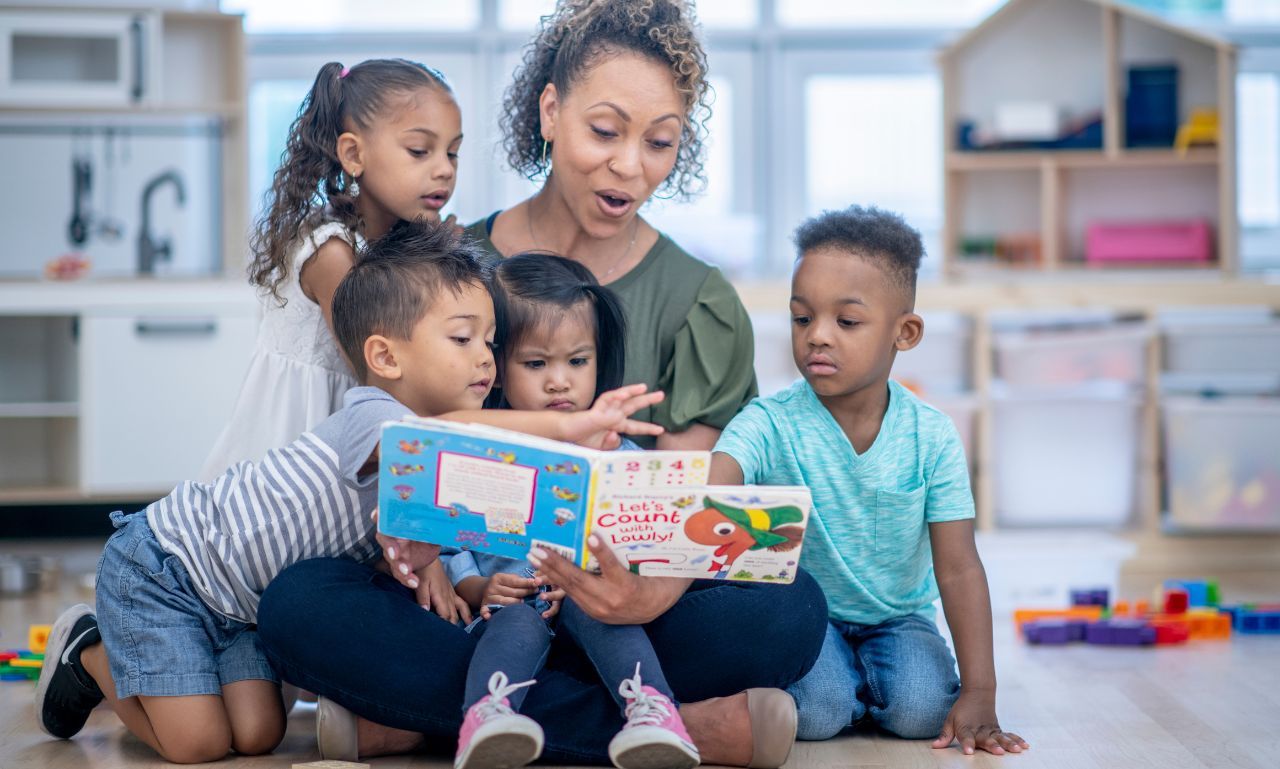
Daycare providers and teachers are outstanding witnesses who supply information about the child's educational achievements, social relationships, and behavioral patterns. Professional observation reveals the child's progress throughout custody transition, mainly when they experience emotional or academic challenges.
5. Neutral Third Parties
Neighbors, family, friends, and coworkers, can serve as valuable witnesses to provide information to the court. Such witnesses provide an objective view of child treatment by parents and can identify which parent shows higher involvement and better caregiving potential.
6. Medical Professionals
Healthcare providers and pediatricians can provide courtroom evidence describing the child's health situation with medical care documentation. Their testimony can help assess which parent is better suited to handle the child's medical care and overall health.
Best Types of Evidence for Custody Cases
Several particular kinds of evidence play critical roles in proceedings where parents claim child custody. Multiple documents and records are essential for courts to determine accurate situations.
Official Documents
Official documents, such as birth certificates, court orders, and custody agreements, benefit the case. Custody documents provide courts with information for determining legal child custody rights and present existing child custody arrangements.
Personal Records
School reports and medical records, among personal documents, enable courts to understand how the child is doing. Such records demonstrate the current state of child caretaking and existing problems that require evaluation.
Photos and Videos
Digital footage and photographic documentation can prove adequate evidence in court whenever they display the child participating with each parent. Photographs must be deployed cautiously because they can appear like biased or staged content.
Social Media Posts
Social media posts sometimes reveal parent behaviors that contradict their court statements. When those behaviors are incompatible, social media evidence showing parents performing dangerous activities will likely damage their court proceedings.
Journals
Journals written by parents, children, or their therapists provide a personal view of family interactions and child mental health. Documented information about daily routines and issues or milestones benefits court proceedings.
Witness Testimony
Witness testimony is the most vital element among all evidence types presented in child custody cases. Firsthand accounts of family circumstances come from multiple sources, including family members, friends, and professional experts.
Conclusion
Finding the proper witnesses to testify at child custody trials is vital. The courtroom depends on experts who observe the child directly, professionals who evaluate the parental aptitude, and sources who personally know the family. With appropriate witnesses and evidence, you can substantially influence the court when it decides on custody arrangements.
Also Read: What Is the Difference Between a No Contact Order and a Restraining Order in Massachusetts?
